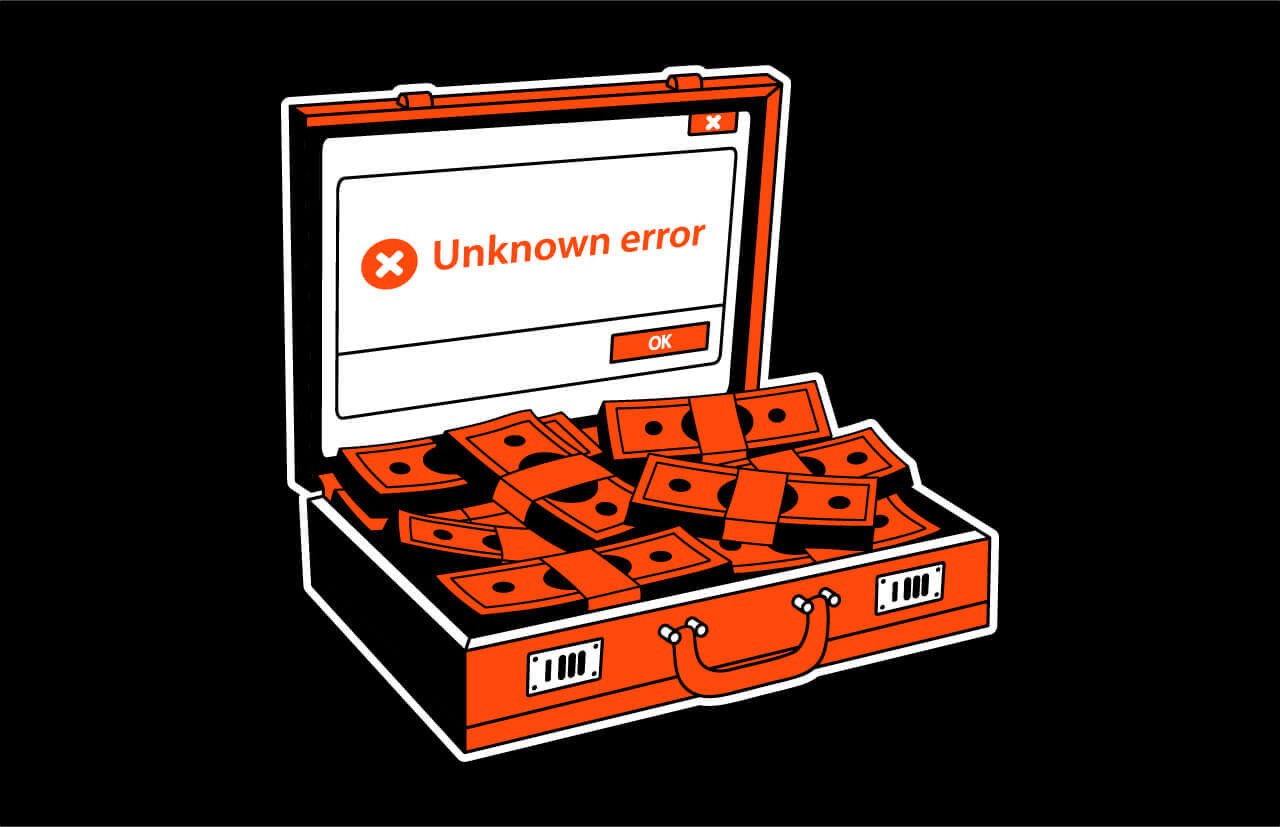We recently got the chance to talk with an insider from the VC world about hot topics like success factors for a startup, great pitch deck examples and investment opportunities after COVID 19, and of course, we’re gonna share all these secrets with you 👋
Two ways COVID-19 has changed venture capital
It’ll be harder to get investments in 2020
The pandemic has ground the VC machine to a halt. A lot of funds are pretending to be still active, but it’s only halfway true — many VCs are reallocating money to support their portfolio companies and are extremely cautious about investing in new ventures.
But it’s still possible
Putting the whole or a large part of the process on hold increases the risk of missing out on the next startup gems like Uber or Google. That’s why many funds are still accepting applications and seeking super gems. If that’s you, you’ll have to prove your expertise, show off your metrics and make a lasting impression to get the opportunity of funding.
2 critical points that are crucial for investors
The main thing investors are looking for in startups in 2020
Speed. Build things and test them fast. You gotta always iterate and test at least 1-2 product hypotheses per week. If you check 1 idea per month — it’s a nowhere road, and your progress sucks. Startup means doing something new, and you certainly will not get to the right point from the first try — so you need to use your time wisely.
The main thing that turns investors off every time
Every buzzword can be used against you. Avoid them. You must be able to prove how it works and what it is for if you use terms like blockchain, AI, or AR. If you call a bunch of if-then statements artificial intelligence, investors will catch you out straight away and immediately lose trust in you.
Bring up the results, not the technology.
If you created a successful product loved by thousands of users, it doesn't matter whether you used basic algorithms or AI. If you have nothing to prove, then showing off your technology is just pointless. No offense.

critical web design mistakes to avoid
3 key values investors will check on the first interview
1. Your traction and scalability
Nobody cares about 50 users in your first beta. If you have hundreds of real-world users, a proven business model, transparent pricing, calculated customer lifetime value (LTV), and exact customer acquisition costs (CAC),then your startup has positive unit economics metrics investors can talk about.
That is the moment when the VC kicks in and is ready to make 50 000 users out of your 500. The math should work properly – you invest x100$, you’ll get x1000$ afterward.
What you need to do
Show how fast you get newcomers in graphs. The perfect example is shared inbox startup Front — they raised $10M A round with this deck. Look at how they illustrated the organic growth.
2. Who is the founder
The driving force of the team. The founder will push everything forward, even when things go wrong (and they always go wrong at some point). The 25-year-old founder who has many experienced employees is a perfect example — if founders were able to convince experienced people to believe in them it's always a good sign.
Another thing — if the founder is changing priorities every two days and isn't sure about what he or she is doing, you probably wouldn’t invest in their project. If things got to the point where it makes more sense to quit and take some job in a Big Four for 15K per month and buy a mansion on the beach, almost anyone would go for that. But a true leader should burn from the inside and be so passionate about their idea that they’ll throw this offer out the window.
What you need to do
Show all your passion, demonstrate your understanding of every tiny detail in your plan, and prove your knowledge to win investors' trust.
3. What is the team
It’s as simple as that: the team should know what they’re doing and have specific expertise. If you’re creating a fintech product, you should know the fintech space inside out. If the team has nothing to do with the product’s background, they’ll learn everything the hard way and at an investor’s cost.
Have a look at the Front’s series A deck — their passion and expertise are unquestionable: the team has an excellent background (Y Combinator, BOX, Dropbox, etc.), a clear structure, and proven experience in many startups and accelerators. That is what makes a great team.
Winning pitch decks as an inspiration
- Front series A deck— raised $10M
- Front series B deck — raised $66M
- Front series C deck — raised $59M
If you have any questions left, feel free to reach out to our design leads at [email protected] or [email protected]. We’ve done dozens of investor’s pitches and can help you with advice.
Also, subscribe to hear about legendary business pivots on our CTRL SHIFT podcast.





